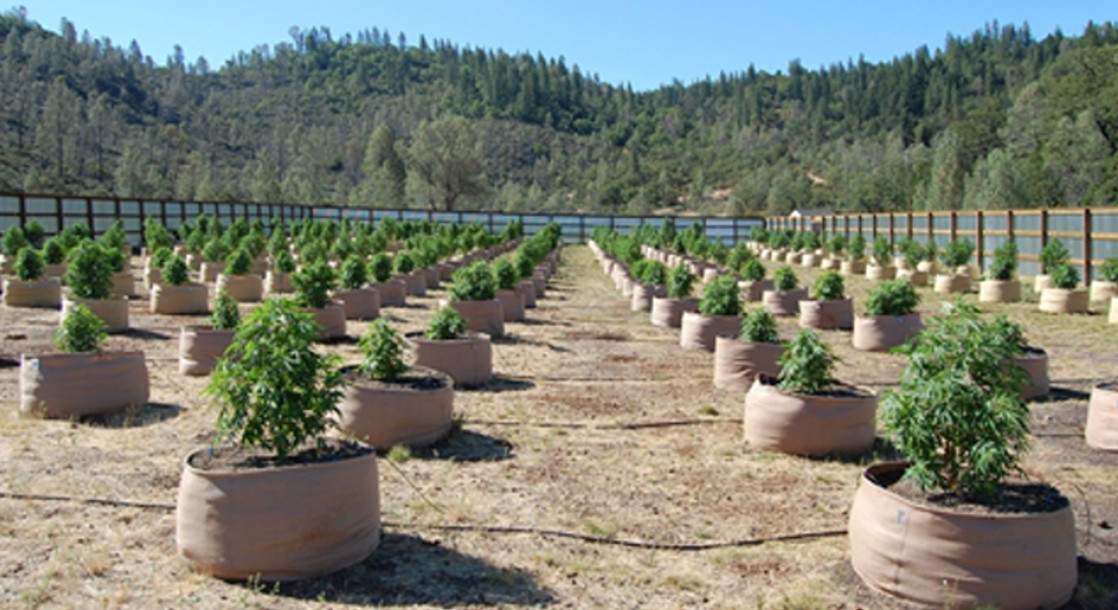As voters in California appear primed to pass Proposition 64 on November 8th, which would legalize and regulate recreational marijuana across the state, controversy is brewing over a local pot-related ballot measure in Mendocino County, which opponents say is a step too far.
Measure AF, formally titled the Mendocino Heritage Act, would put into force 60 pages of regulations, including establishing taxes as well as local regulations for licensing and zoning participants in the county’s robust cannabis industry (seated in the world-renowned Emerald Triangle, the largest cannabis-producing region in the nation). But perhaps most notably, it would replace the sheriff’s deputies traditionally responsible for enforcing cannabis law with a “civil enforcement procedure for permit violations,” removing criminal penalties for transgressions, and effectively treating cannabis growers like other agricultural producers or housing developers subject to county inspection.
The measure’s supporters, who qualified it for the November ballot with 2,500 voter signatures, say that they authored the initiative in response to the county’s Board of Supervisors being slow to regulate an industry that has thrived as a grey market within California’s borders for decades. One member of the Board, Dan Hamburg, reportedly called the county’s process for crafting cannabis regulations “molasses when what we need is greased lightning”, adding that the area’s farmers need “regulatory certainty…and they aren’t getting it, at least not quickly enough.” Hezekiah Allen, executive director of the state’s largest cannabis trade group, the California Growers Association, agrees with this assessment, telling the Press Democrat that “cannabis folks lost confidence in the county’s ability to provide the security they felt they needed.”
The measure would remove cannabis from the county’s nuisance ordinance and treat it as any other agricultural operation under civilian oversight (in alignment with the state legislature’s classification of cannabis as agriculture under medical marijuana regulations passed last year), reduce the distances grow operations must be situated from schools, parks, and residences, and require that businesses be majority-owned by local residents who have lived there at least two years. It would also tax the gross receipts of canna-businesses at 2.5 percent, but remarkably requires that any increases be approved by the voting public. Any other desired amendments could be legislated by the Board of Supervisors itself. Allen’s organization has endorsed Measure AF along with other cannabis industry groups, and this is arguably what most raises the ire of the measure’s detractors.
In official arguments against Measure AF (which will appear on the ballot for voters’ review) signed by Mendocino Board of Supervisors member John McCowen and local fire chief Andres Avila, the opposition argues that “this dangerous measure was written by the marijuana growers themselves,” adding the effort is an attempt by the industry to “write their own rules to bypass environmental and community review”. They also abhor taking away enforcement capability from the county sheriff, writing that “civil procedure [would] be slow and weak that it would be the same as no regulation at all.”
Only ballot tabulations on November 8th will tell if this progressive measure can pass muster with Mendocino’s voters, but advocates like Allen believe a paradigm shift from criminal policing to civilian enforcement of marijuana law is inevitable, stating that “a decade from now that is going to be the norm.”











